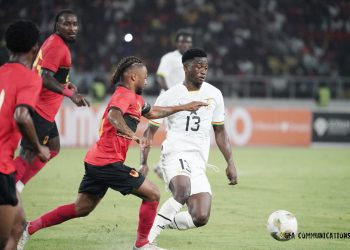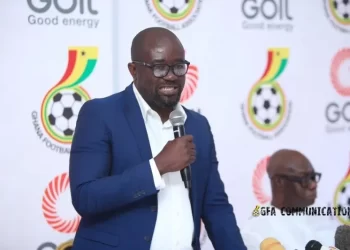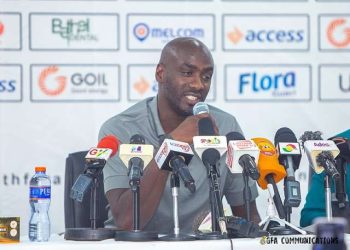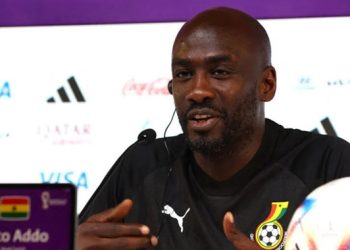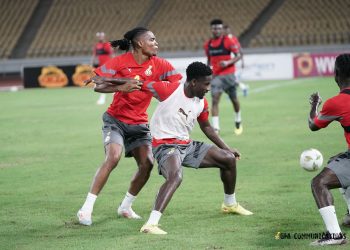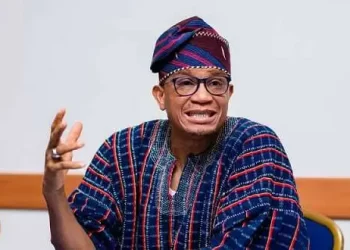The Ghana Black Stars have long been celebrated as a powerhouse in African football, and they are admired for their resilience, skill, and the unity they inspire across the nation.

Yet, the team’s performance has dimmed in recent years, leaving fans frustrated and yearning for a revival.
The four-time champions of Africa are now struggling to regain their footing on the continental stage.
No one, neither the current FA nor the Head Coach, has managed to devise a strategy to drive the expected revival.

The stakes are high as the Black Stars get engaged in two must-win matches to qualify for the African Cup of Nations tournament set for Morocco in 2025.
2️⃣ crucial games ahead for the #BlackStars! 🇬🇭
We face Angola in Luanda on Friday, November 15, 2024, followed by a clash against Niger in Accra on Monday, November 18, 2024.#AFCON2025Q pic.twitter.com/UNr55Tb1i0
— 🇬🇭 Black Stars (@GhanaBlackstars) November 7, 2024
However, the current Head Coach of the team, Otto Addo, has been caught up in a distracting debate over who should wear the captain’s armband.
The absence of both captain and vice has triggered an armband rotation, raising question marks about the criteria for selection of team captains and related matters.

West Ham forward Mohammed Kudus wore the captain’s armband in the last game against Sudan, but that responsibility appeared to have affected his focus and performance.
Now, that role has shifted to Jordan Ayew, the Black Stars’ most-capped player, for the last two qualifying games.
Can Jordan lead the Black Stars to the Promised Land?

While leadership on the field is crucial, the primary focus should be on winning games and rebuilding the team’s confidence, not on who wears the captain’s band.
Changing captains may seem like a way to spark new energy, but it can have the opposite effect.
Shifting the captaincy distracts players from their main objective and disrupts team chemistry, as players can be unsettled by not knowing who their leader will be from one match to the next.
Effective international teams, like Argentina, Brazil, and Germany, rely on stable leadership, focusing more on tactical discipline and teamwork than on who wears the armband.
In these teams, the captain serves as an extension of the coach’s philosophy, but they are ultimately one part of a larger strategy.
For the Black Stars, success will come not from obsessing over who captains but from creating a cohesive, competitive team that can work as a unit toward victory.
Changing captains sends the wrong message to both the team and the fans. It implies that the issue is primarily one of leadership, not gameplay, and fails to address the actual weaknesses in the team’s tactical execution and preparation.
With time ticking down to critical matches, there’s no time for symbolic gestures; results are all that matter.
The squad for the AFCON qualifiers is set. 🇬🇭#BlackStars | #AFCON2025Q https://t.co/Ogpz940Rxv pic.twitter.com/9KglwGGVx3
— 🇬🇭 Black Stars (@GhanaBlackstars) November 7, 2024
If Otto Addo wants to achieve lasting success, he must prioritise the tactical development of the squad.
This means focusing on critical aspects like solidifying the defence, midfield creativity, and sharpening finishing skills.
In short, there needs to be a rededication to fundamentals.
Ghana needs a return to fundamentals, fostering a winning mentality that every player embodies, regardless of who wears the armband.
The Ghanaian fans deserve a team that competes and embodies the pride and passion of the nation.
Focusing on the task at hand and leaving the captaincy debate aside is the only way forward if the Black Stars are to reclaim their place among Africa’s best.



